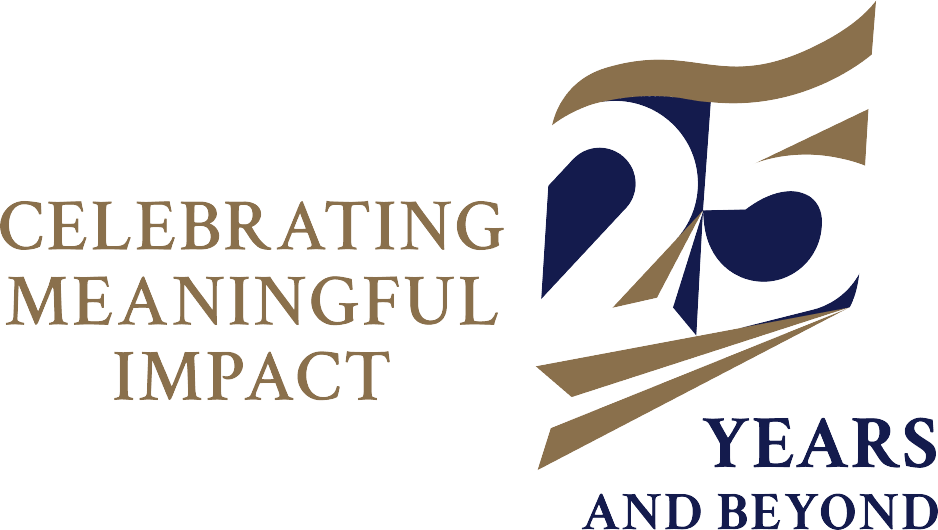Our Research
Digital Contact Tracing – An Examination of Uptake in UK and Germany
Published Date: 06 Sep 2021
Wee, Alicia and Findlay, Mark James, Digital Contact Tracing – An Examination of Uptake in UK and Germany (September 1, 2021). SMU Centre for AI…
The Vulnerability Project : The Impact of COVID-19 on Vulnerable Groups
Published Date: 30 Aug 2021
Mark Findlay, Jane Loo, Josephine Seah, Alicia Wee, Sharanya Shanmugam, and Mabel Choo An epub copy can be downloaded from our Dropbox.
Introducing the Vulnerability Project
Published Date: 17 Aug 2021
Josephine Seah and Mark Findlay
Rethinking what we owe each other
Published Date: 12 Aug 2021
Loo, Jane and Wong, Yasmine, Rethinking What We Owe Each Other (August 13, 2021). SMU Centre for AI & Data Governance Research Paper No. 08/2021…
Globalisation, Populism, Pandemics and the Law: The Anarchy and the Ecstasy
Published Date: 31 Jul 2021
Mark Findlay, Professor, Yong Pung How School of Law and Director, Centre for AI and Data Governance, Singapore Management University, Honorary…
Communicating Ethics across the AI Ecosystem
Published Date: 28 Jul 2021
Seah, Josephine and Findlay, Mark James SMU Centre for AI & Data Governance Research Paper No. 07/2021 Available at SSRN: https://ssrn.com/…
Constraint Answer Set Programming as a Tool to Improve Legislative Drafting
Published Date: 28 Jul 2021
Author(s): Jason MORRIS, Singapore Management University
"Rules as Code" in this paper is used to refer to a proposed methodology of legislative and regulatory drafting. That legislation can be represented…
Researching AI and Data Governance: Meta-Reflections on Research Methods and Practice
Published Date: 15 Jul 2021
Wong, Willow, Researching AI and Data Governance: Meta-Reflections on Research Methods and Practice (July 16, 2021). SMU Centre for AI & Data…
Covid-19 Responses: A Living Archive
Published Date: 15 Jul 2021
Compendium Editors: LOO, Jane WEE, Alicia SHANMUGAM, Sharanya An epub copy can be downloaded here.
Trust and Regulation: An Analysis of Emotion
Published Date: 31 May 2021
Findlay, Mark James and Wong, Willow, Trust and Regulation: An Analysis of Emotion (June 1, 2021). SMU Centre for AI & Data Governance Research…
Ethical Concerns in Court-Connected Online Dispute Resolution
Published Date: 04 May 2021
Quek Anderson, Dorcas International Journal of Online Dispute Resolution (2018) Issue 1-2; Singapore Management University School of Law Research…
Platform Workers, Data Dominion and Challenges to Work-life Quality
Published Date: 02 May 2021
Choo, Mabel, Zi Ling and Findlay, Mark James, Platform Workers, Data Dominion and Challenges to Work-life Quality (May 3, 2021). SMU Centre for AI…
The Paths to Digital Self-Determination - A Foundational Theoretical Framework
Published Date: 21 Apr 2021
Remolina, Nydia and Findlay, Mark James, The Paths to Digital Self-Determination - A Foundational Theoretical Framework (April 22, 2021). SMU Centre…
Gauging the Acceptance of Contact Tracing Technology: An Empirical Study of Singapore Residents' Concerns and Trust in Information Sharing
Published Date: 01 Apr 2021
Ong, Ee-Ing and Loo, Wee Ling, Gauging the Acceptance of Contact Tracing Technology: An Empirical Study of Singapore Residents' Concerns and Trust in…
Transplanting the Concept of Digital Information Fiduciary
Published Date: 28 Feb 2021
Yip Man
Personal Data as a Proprietary Resource
Published Date: 28 Feb 2021
Lee Pey Woan
Medical Artificial Intelligence, Standard of Care in Negligence and Tort Law
Published Date: 28 Feb 2021
Gary Chan Kok Yew
How to De-Identify Personal Data in South Korea: An Evolutionary Tale
Published Date: 28 Feb 2021
Ko Haksoo and Sangchul Park
Digital Assets: Balancing Liquidity with Other Considerations
Published Date: 28 Feb 2021
Gal Acrich, Katia Litvak, On Dvori, Ophir Samuelov, & Dov Greenbaum
Data Trusts for Lawful AI Data Sharing
Published Date: 28 Feb 2021
Chris Reed
Contractual Consent in the Age of Machine Learning
Published Date: 28 Feb 2021
GOH Yihan
Blockchain in Land Administration? Overlooked Details in Translating Theory into Practice
Published Date: 28 Feb 2021
Alvin SEE Wei Liang
The Vulnerability Project: Migrant Workers in Singapore
Published Date: 20 Jan 2021
Jane Loo, Josephine Seah, and Mark Findlay
Disruptive Technologies and Digital Transformation of the Financial Services Industry in Singapore: Regulatory Framework and Challenges Ahead
Published Date: 02 Dec 2020
Gurrea-Martínez, Aurelio, Disruptive Technologies and Digital Transformation of the Financial Services Industry in Singapore: Regulatory Framework…

